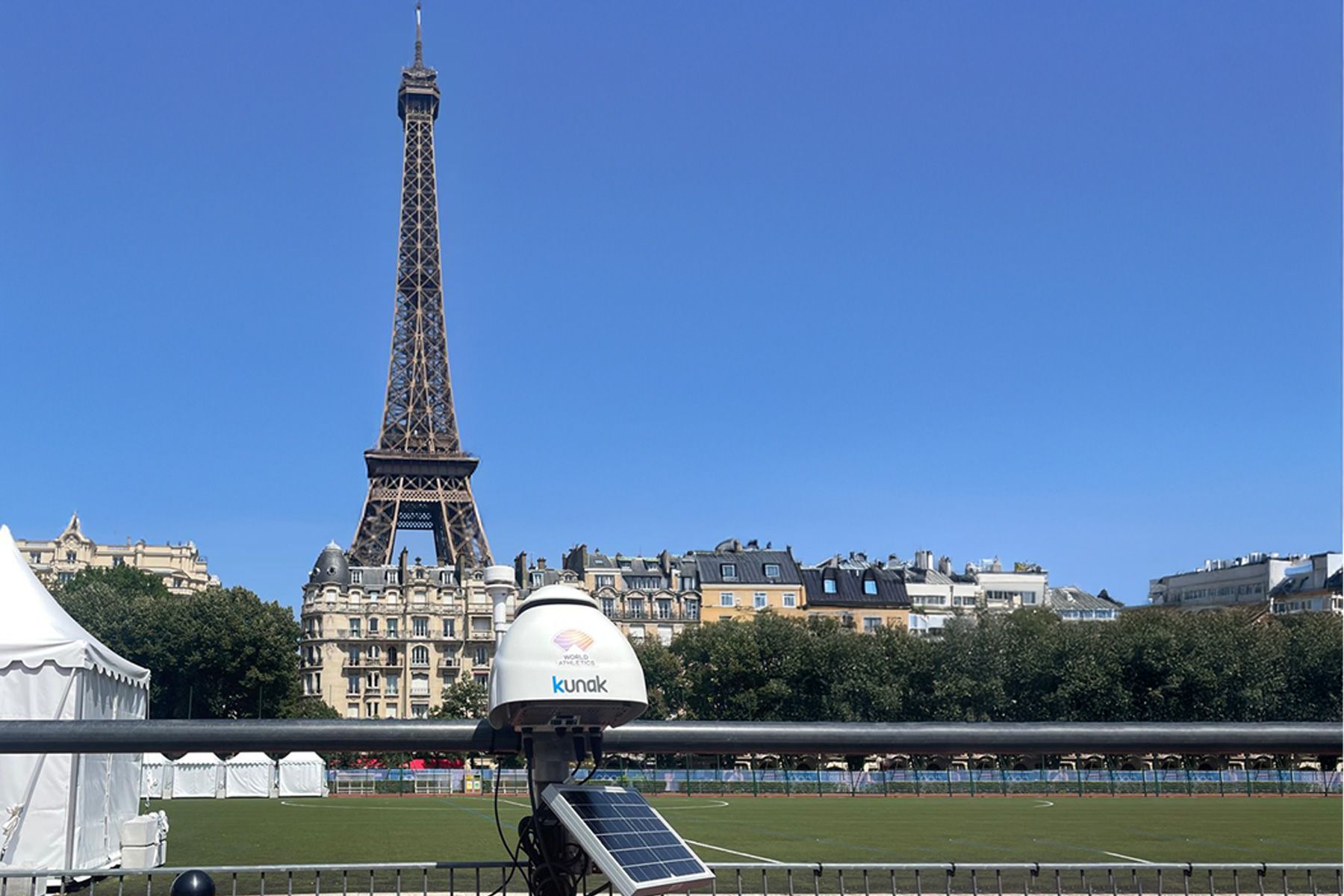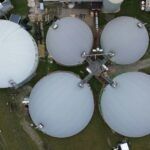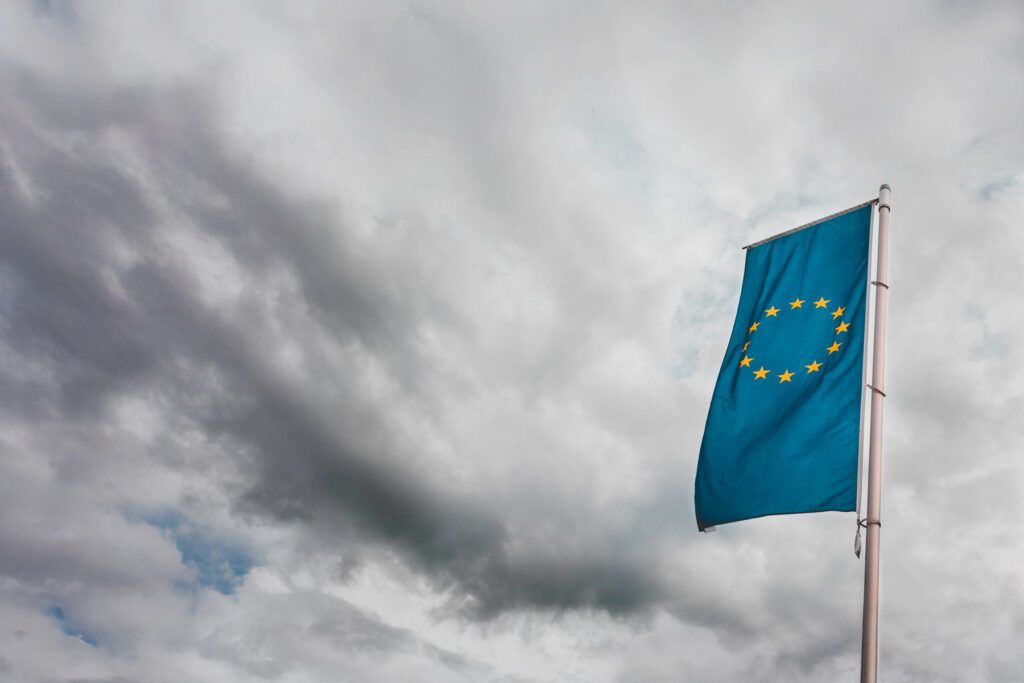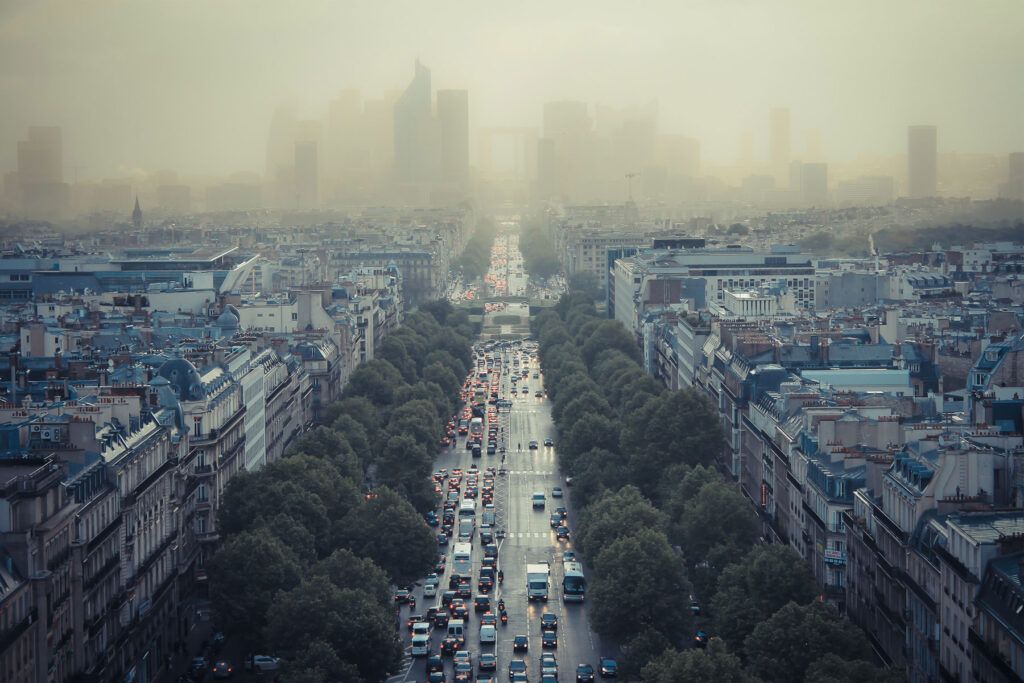When Pierre de Coubertin uttered the famous phrase “Citius, altius, fortius” (Faster, higher, stronger) at the inauguration of the modern Olympic Games in Paris in 1894, he awakened sporting competitiveness in a way that called on all people, both as individuals and groups, to rise to the challenge.
The sporting spirit promoted by the French Baron de Coubertin to revive the Olympic spirit of Ancient Greece is based on clean and fair play.
A few days before the 2024 Olympic Games begin in Paris, that spirit that has motivated generations of athletes already permeates the air, in anticipation of an event that will surely be unforgettable, not only with the setting of new records but also in ensuring the well-being of those in attendance.
The importance of clean air for sport
Among the extraordinary challenges at the Olympics is one that has nothing to do with sport: how to hold the event during one of the warmest years on Earth. This impact of climate change is one that can seriously affect sporting performance, and among the factors causing climate change, atmospheric pollutants play an important role.
It is therefore important to guarantee the air qualityAir quality refers to the state of the air we breathe and its composition in terms of pollutants present in the atmosphere. It is considered good when poll...
Read more for both Olympic athletes and the attending public. This is a public health problem in which we are not mere spectators. At Kunak, we have a role to play in environmental awareness and management.
Air Quality Innovation in Just 1 Click
Stay informed about the air you breathe!
Subscribe to our newsletter to receive the latest updates on environmental monitoring technology, air quality studies, and more.
Running for Clean Air: World Athletics’ role in the fight for clean air
Since 2018, when World Athletics, the organisation that supervises and promotes athletics worldwide (formerly the IAAF), entrusted Kunak solutions to monitor air quality at various sports events, the commitment to sport and air quality has been growing. From there, we worked together at Tokyo 2020, the first Olympic Games in which air quality was analysed.

Kunak AIR Pro air quality station together with giant air purifiers from Aérophile
Kunak measuring equipment, which can be found at various competitive sports venues, will also be used in Paris. Equipment will be deployed in response to threats of air pollution that could affect Olympic athletes during their various events. From suspended particles to the level of ozone present, there will be no parameter that escapes the precise measurements of our sensors.
Air monitoring at the Olympic Games
Deployed in strategic enclaves of the Paris Olympic Village, thanks to the partnership with Acoem and World Athletics, 12 Kunak air quality monitoringControlling air quality is an essential task in order to enjoy optimal environmental conditions for healthy human development and to keep the environment i...
Read more stations will be spread across all Olympic venues. They will provide a comprehensive view of air quality throughout this historic international event.
The air quality data provided by Kunak stations, which is collected continuously and in real time, is key to achieving healthy air. This is especially true for athletes, who inhale ten times more during the intense physical activity of the competition.
Data analysis will make it possible to respond rapidly to the conditions on the ground. This may include reviewing itineraries and competition schedules to avoid high pollution times and mitigate their effects. This was done for the women’s marathon at the Tokyo 2020 Olympic Games, where the race was brought forward by an hour due to unsuitable weather conditions. This was made possible thanks to the data analysis provided by Kunak measurement systems.
How pollution affects Olympic athletes
Health and sporting performances are the main priorities not only because of the Olympic commitment to health in general but also because it is hoped that, by safeguarding the well-being of athletes and preserving optimal air conditions, the event can be an example to the world in working towards a future where everyone can be sure of breathing clean air.
Poor air quality is the third leading cause of death in France, according to a recent study by the association Respire. Chronic exposure to air pollutantsAir pollution caused by atmospheric contaminants is one of the most critical and complex environmental problems we face today, both because of its global r...
Read more can have serious health consequences, especially for children and people with respiratory problems.
Although air quality in the Paris region has improved significantly in recent years, thanks to measures such as the creation of a low emission zone, many measures still need to be implemented (monitoring air quality, increasing public green spaces, promoting public transport, environmental justice, etc.) if the health of Parisians is not to be put at risk. Particularly in the most vulnerable areas, the outskirts of the Parisian corridor, where the Olympic village of Saint-Denis is located and where the athletes will be housed.
The impact of air pollution on sporting performance is undeniable. Nobody wants to see athletes underperform due to poor air quality, missing out on success after years of hard work.
Nor do we want poor air quality to be the leading cause of death worldwide, as it is today. According to the World Health Organization (WHO), most people currently breathe unhealthy air.
Sport adapting to climate change
Air quality monitoring has been revealed to be an essential measure during any sports event. In fact, World Athletics, founded by the Clean Air Fund,, is currently engaged in the Running for Clean Air initiative, an awareness campaign to highlight how important it is to have clean air at sporting events. Events such as the 2014 Beijing Marathon, where high levels of pollution affected sports performance, highlighted the need for tough air quality controls.
In a few days’ time, however, the first night marathon will be held in Paris. A historic event in the Olympic Games, to avoid the high daytime temperatures of the Paris summer and the considerable air pollution caused by urban traffic.
Athletes’ drive, endurance and courage are all factors with the potential to inspire great feats, like the sporting records that will be made in Paris.
These historic moments and success stories, which will be seen by the entire world, will be ensured by vigilant Kunak sensors. Air purity will be of no concern as competitors and the public enjoy the true Olympic spirit in the conditions that athletes deserve.



















